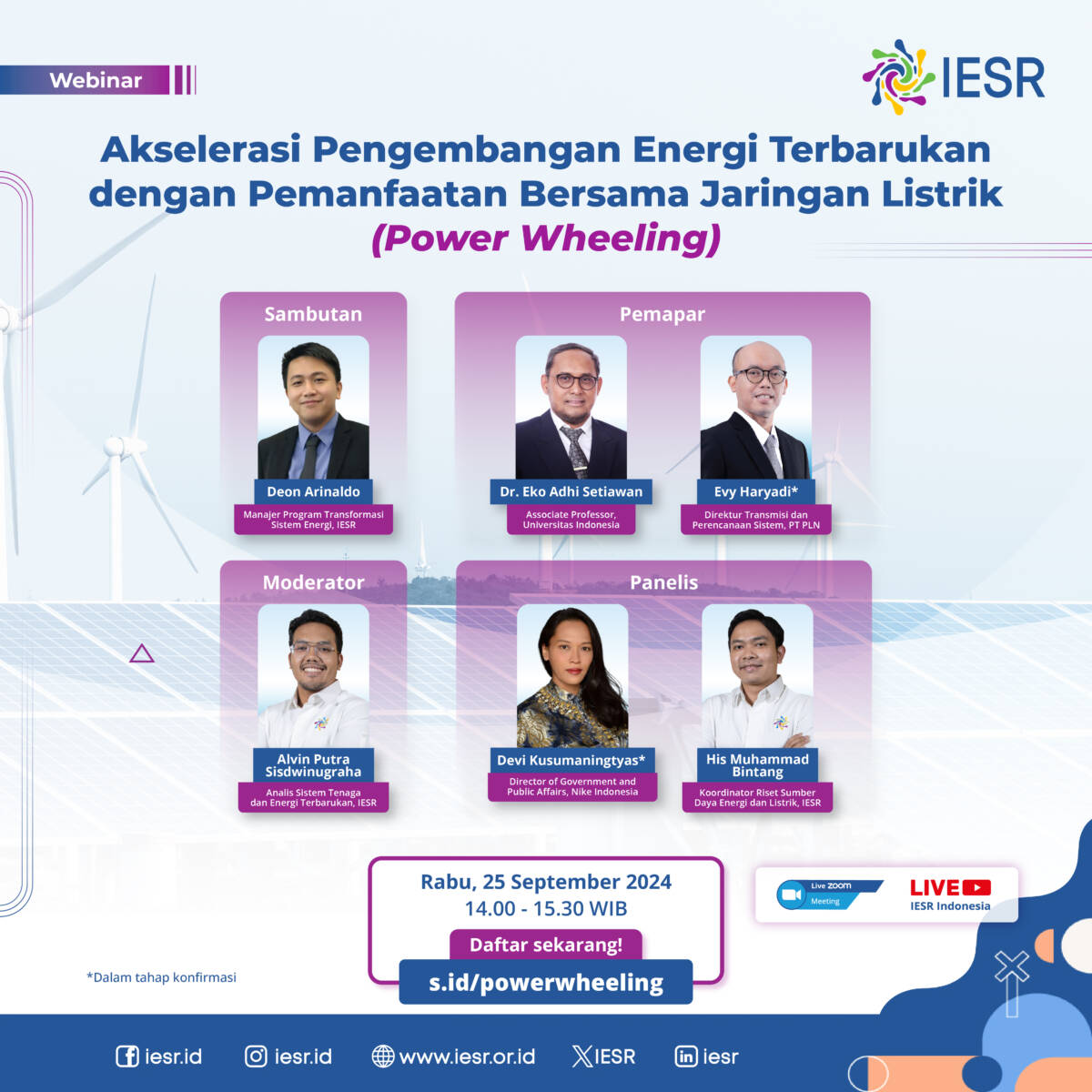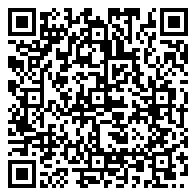
Urgency and Acceleration of Renewable Energy through Joint Utilization of Electricity Network (Power Wheeling)
Background
Power wheeling is a mechanism that allows the owner of a power plant to deliver electricity to consumers using an existing transmission network owned by another party. In the context of Indonesia’s electricity market, PLN as the owner of the electricity network is the main stakeholder in the application of this mechanism, apart from consumers and power plant owners. The power wheeling scheme has become a hot issue because it is being discussed in the New Energy and Renewable Energy Bill (EBET Bill) in Commission VIII of the House of Representatives.
The urgency of power wheeling increases given the existence of electricity consumers (such as companies incorporated in RE100) that require renewable energy electricity supply to achieve the consumer’s internal renewable energy mix target. Therefore, the implementation of power wheeling allows accelerated development of renewable energy power plants because it expands the options for procuring renewable energy electricity for consumer needs. This certainty of renewable energy supply is necessary to strengthen the investment and competitiveness of these companies. With the right implementation mechanism, electricity companies/consumers will contribute and invest in renewable energy development, reduce the burden of PLN’s plant investment, and streamline the utilization of PLN’s extensive transmission network.
On the other hand, power wheeling has become a polemic because there is no clear regulation on its application in Indonesia’s electricity market. Of course, the implementation of power wheeling should not conflict with Law No. 20/2002 on Electricity and also consider the impact on PLN’s network operation system.
Despite the challenges, the Institute for Essential Services Reform (IESR) believes that power wheeling is a strategic key to achieving GHG emission reduction targets as committed in the Enhanced Nationally Determined Contribution (NDC). IESR will hold a webinar on power wheeling to provide a space for discussion with relevant stakeholders. The webinar is expected to provide solutions to accelerate the energy transition in Indonesia.
Objective
-
Explain the urgency of power wheeling in accelerating energy transition and decarbonization in Indonesia’s electricity sector.
-
Exploring the implementation scheme of power wheeling in the context of Indonesian electricity regulation and market.
Presentation
Power Wheeling System – Eko Adhi Setiawan
Skema-Power-Wheeling-Eko-Adhi-SetiawanSpeakers
-
Deon Arinaldo - Manajer Program System Energy Transformation IESR
-
Alvin Sisdwinugraha - Power Systems and Renewable Energy Analyst - IESR
-
His Muhammad Bintang - Power and Energy Resources Coordinator - IESR
-
Dr. Eko Adhi Setiawan - Associate Professor Universitas Indonesia
-
Evy Haryadi - Direktur Transmisi dan Perencanaan Sistem PLN
-
Devi Kusumaningtyas - Director of Government and Public Affairs - Nike Indonesia

